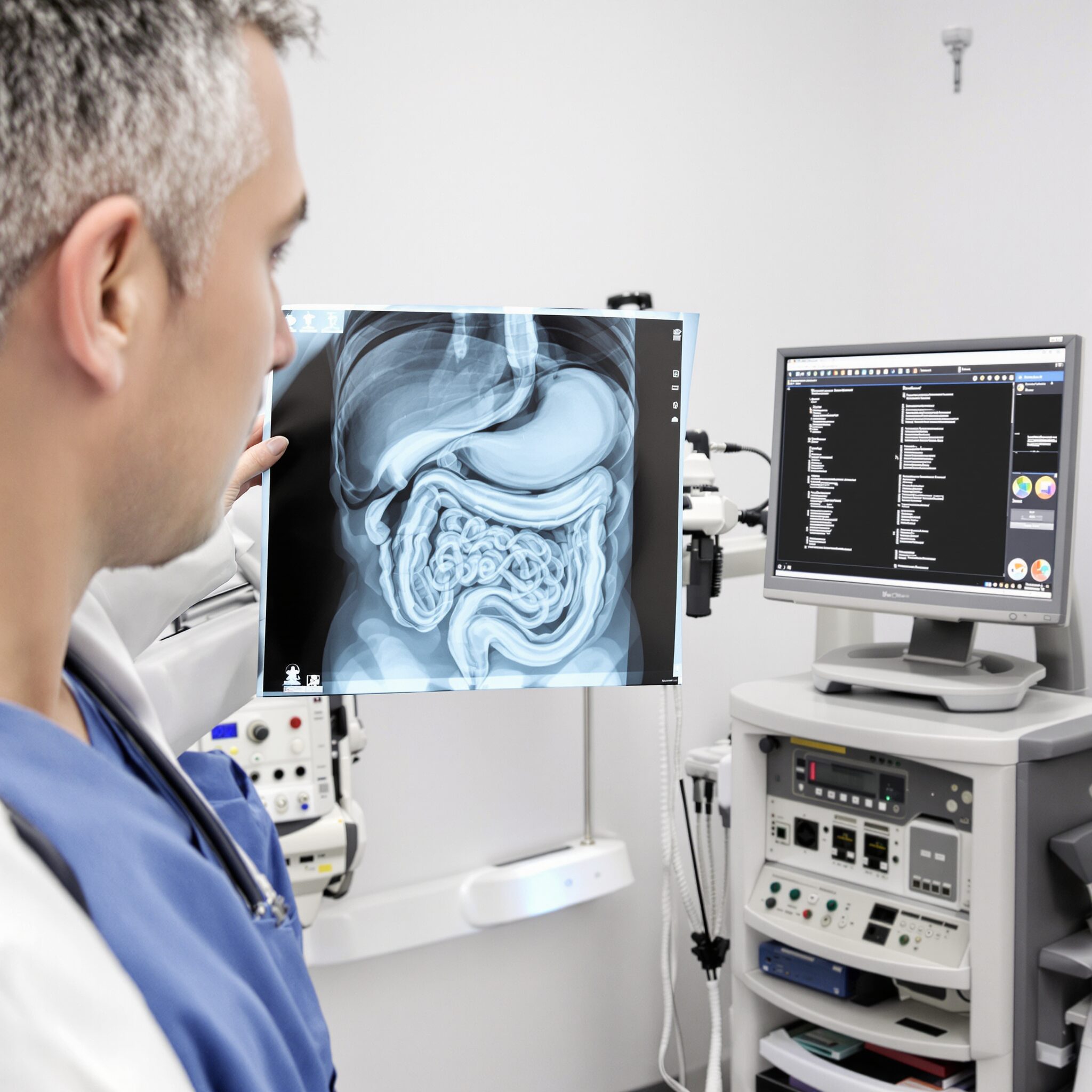PENN CLINICAL
Center for Intelligence in Chronic Care
Penn Clinical focuses on the interplay between gastrointestinal and neurological health using real-world data to enable more precise, system-aware clinical care.
Caring for Complex Overlapping Conditions

Across healthcare systems, patients often present with symptoms that span multiple domains: gastrointestinal discomfort with anxiety, mood disturbances alongside inflammation, or unexplained fatigue with motility dysfunction.
Standard care tends to treat symptoms in isolation. But overlapping conditions demand a different approach: one that examines how body systems interact, and how those interactions can be measured, studied, and improved.

Innovative Clinical Environment
Penn Clinical combines clinical diagnostics, data analytics, and advanced outcome tracking to reveal how symptoms interact across the body: not in isolation, but as systems.
This generates real-world insights into trial design, transforms how treatments are chosen, and changes care for patients who’ve been miscategorized for years.
Applied Intelligence in Action
At Penn Clinical, predictive tools help identify optimal treatment paths, redesign trials in real time, and uncover new uses for existing therapies.
AI-Guided Drug Repurposing in GI-Neuro Conditions
Trial optimization using dropout and engagement prediction
Mood-symptom stratification models to guide diet vs. CBT vs. neuromodulator therapy
These tools are developed and validated directly within outpatient care.
Core Areas of Focus


Focus Areas Include:
Functional Gastrointestinal Disorders (IBS, functional dyspepsia, gastroparesis)
Inflammatory Conditions (IBD, ulcerative colitis, Crohn’s)
Neurological Disorders with GI Presentation (Parkinson’s disease, neurodegeneration)
Mood and Anxiety Disorders with GI Symptoms
Cognitive and Emotional Changes in Digestive Health Contexts
See how our work drives better patient outcomes.
Methodologies

At Penn Clinical, treatment delivery and outcomes research are fully integrated—designed to produce data that is both clinically meaningful and operationally scalable.
Examples of Methodologies
- fMRI and vagus nerve stimulation for non-invasive neuro-assessment
- Brain function scoring using wearable EEG and cognitive fatigue tracking
- Dietary and behavioral interventions tracked through validated scales
- AI tools for patient stratification, drug repurposing, and real-time trial design
- Microbiome and metabolomic profiling integrated into treatment studies
- Symptom monitoring (GI, cognitive, mood) via remote and in-clinic tools
Clinical trials are conducted with minimal disruption to care—capturing patterns that directly inform diagnostics, strategy, and system-level change.
